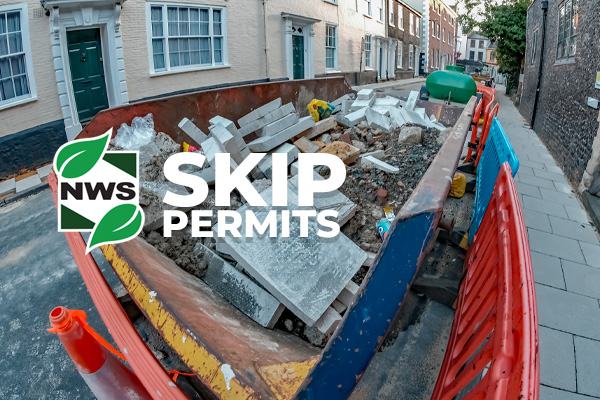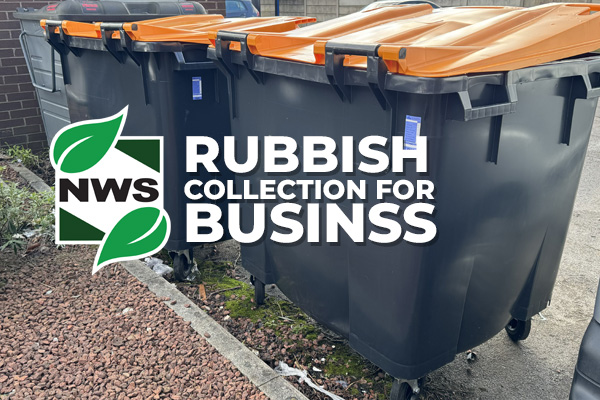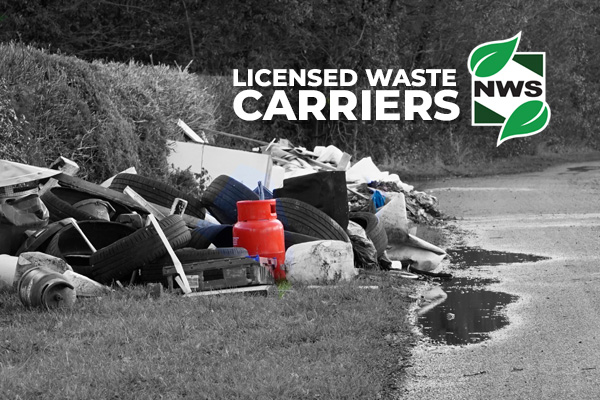Skip permits play a crucial role in waste management, especially in densely populated urban areas. Whether you’re a homeowner, a business owner, or a construction site manager, understanding skip permits is essential when placing skips or large containers on public roads. In this comprehensive guide, we’ll explore the intricacies of skip permits, the process for obtaining them, and the critical details every waste producer should know.
What Is a Skip Permit?
A skip permit (also known as a skip license) is a legal requirement when placing a skip or container on public land, such as a road, pavement, or parking bay. The purpose of these skip permits is to ensure safety, prevent obstruction, and regulate waste disposal. Without a valid permit, your skip may be removed, and you could face fines.
When Do You Need a Skip Permit?
You need a skip permit if:
- Placing on Public Land: Whenever you intend to position a skip on a public road, pavement, or other communal areas, a permit is necessary.
- Parking Bay Occupation: Even if your property is private, but you need to occupy a parking bay or block access to it, you’ll require a parking suspension permit to temporarily reserve the space.

How to Obtain Skip Permits
The process for obtaining a skip permit varies by local authority, but here are the general steps:
- Contact Your Local Council:
- Reach out to your local council or visit their website to find information specific to your area.
- Some councils allow skip hire companies to obtain permits on your behalf, while others require you to apply directly.
- Application Submission:
- Complete the skip permit application form provided by your council.
- Provide details such as the skip size, location, duration, and your contact information.
- Fees and Validity for skip permits:
- Pay the relevant fee (typically ranging from £15 to £60, depending on the council).
- Skip Permits are usually valid for up to 28 days, but extensions may be possible.
- Safety Measures:
- Ensure the skip complies with safety regulations.
- Place safety lights, reflective markings, and traffic cones around the skip.
- Display the name and telephone number of the skip hire company.
- Permit Process for 40-Yard RORO Containers:
- The same skip permit rules apply to RORO containers.
- Contact your local council and provide details about the RORO container’s size, location, and duration.
- Ensure safety measures, including proper lighting and markings.
40-Yard RORO Containers
For large-scale projects requiring substantial waste disposal, 40-yard Roll-On/Roll-Off (RORO) containers are common. These massive containers can hold significant volumes of waste, making them ideal for construction sites, industrial projects, and major clearances.
Key Details for Waste Producers
When applying for a skip permit, waste producers should know:
- Location: Specify the exact location where the skip or container will be placed.
- Duration: Determine how long you’ll need the permit.
- Safety Measures: Understand the requirements for safety lights, markings, and signage.
- Skip Size: Accurately describe the skip’s dimensions.
- Contact Information: Provide valid contact details for communication.
Conclusion about skip permits
Navigating skip permits is essential for responsible waste management. By obtaining the necessary permits and adhering to safety guidelines, we contribute to cleaner streets, efficient waste disposal, and safer communities.
Note: The information provided in this article is based on general guidelines. Always check with your local council for specific requirements and regulations.









